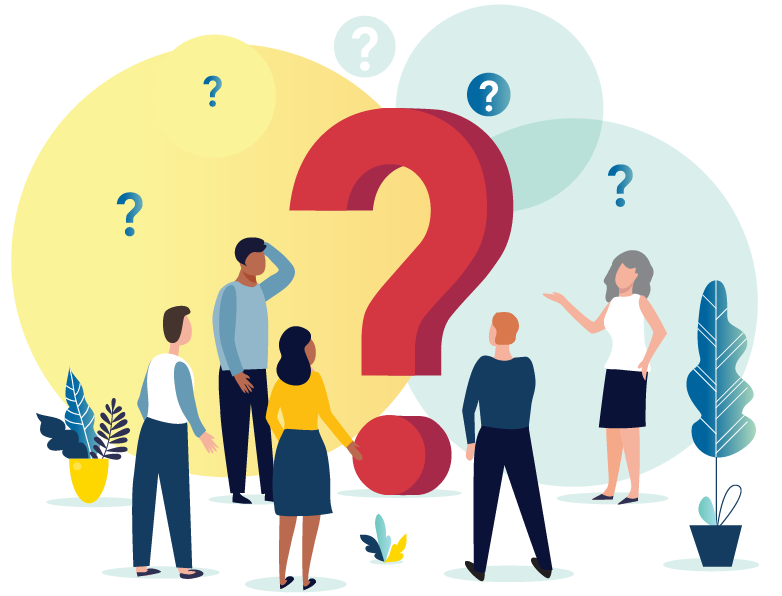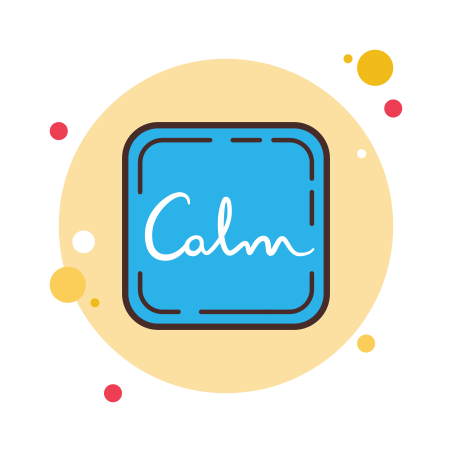
The COVID-19 pandemic, along with its fallout on the economy, health, relationships and finances have left many people feeling fearful of the unknown. Uncertainty can cause us to feel stressed, anxious, or like we have no direction over our own life. It is emotionally draining, and can cause us to dwell on all the “what-ifs” and worst-case scenarios about our future.
But here’s the good news. “People are resilient,” says Vaile Wright, a clinical psychologist and researcher at the American Psychological Association. “We can adapt, we can get through this.” Most of us have tried to find ways to deal and cope with these changes. But not all coping strategies are created equal, and what may work for one person, may not work for another. Some may even be more harmful then helpful. Nick Haslam, a professor of Psychology at the University of Melbourne helps address some of the differences in his article, Am I Coping Well During the Pandemic for The Conversation magazine. (Read the full article here.) A quick internet search will bring up several articles and resources offering ways to build your own coping strategy. We have summarized a few of the common tips to help you get started.
Focus on What you Can Control
While the pandemic and its repercussions may feel beyond our control, it’s important to remember there are still things we do have power over. Take each day as it comes, and find those area where you can celebrate a success.
Be Kind to Yourself
Our response to any situation is usually driven by an emotion. When a situation feels beyond our control it is easy to become overwhelmed with negative emotions. It is important to allow yourself to express these emotions. Trying to hide or deny negative emotions can actually cause more harm and lead to higher stress or anxiety and eventual burnout. Joan Cook, a clinical psychologist and Yale School of Medicine associate professor studies traumatic stress. “While it’s important to ground ourselves by remembering to ‘count our blessings’ and be grateful for our lives and any privileges we have, it is equally important for us to acknowledge that social distancing, quarantine or isolation is hard,” Cook said. “And know that you are not alone in finding the consequences of social distancing, like losing our jobs or being physically distanced from family and friends, also very difficult.”
Learn to Accept Uncertainty
Doubt and uncertainty are a natural part of human existence. Helpguide.org offers 5 steps to help people learn to accept uncertainty. (Read the full article here.)
- Identify Your Triggers – recognizing your triggers allows you to take action to avoid or reduce your exposure to them.
- Recognize When You Feel the Need for Certainty – look for physical cues that you are feeling anxious, like tense neck or shoulders, headaches, changes to your breathing/heart rate, or the pit in your stomach.
- Allow Yourself to Feel the Uncertainty – allow yourself to name the emotions you are feeling, and remember that they will eventually pass. Taking deep breaths or trying a mediation can keep you anchored. (Try Helpguide’s Coping with Uncertainty Mediation)
- Let Go – acknowledge the “what if’s” and then accept that they are a part of life.
- Shift Your Attention – find an aspect of a problem you can control and act. When you begin to wander and worry, try to refocus on the present moment.
Utilize All Tools/Resources Available to You
Employee Assistance Plan (EAP)
ESD 112 employees have access to a counselor or crisis hotline 24 hours a day, 365 days a year through our Employee Assistance Program (EAP) offered by Cascade Centers. They offer three free counseling sessions face to face (virtually) or by phone to employees and their family members each year, as well as a variety of other tools and resources. Check out their list of COVID-19 articles, videos and resources online.
Wellness and Mental Health Apps

Calm is the #1 app for mediation and sleep, designed to help lower stress, reduce anxiety, and more. And our Kaiser Permanente members can access it at no cost. Click here for more info. Not a Kaiser Member? Try it free for 7 days. If you like it, you can do monthly and annual subscriptions. Visit calm.com for more info.
Meditation Oasis offers several meditation, music, and relaxation apps, some that require a fee and some that are free. Visit meditationoasis.com/apps for more info.
Headspace is meditation and better sleep made simple. Annual and Monthly subscription required, but you can start a 7-day trial free. Visit headspace.com for more info.
SmartHealth
Employees eligible for our PEBB benefits can access SmartHealth for free. This tool has tips, articles, videos and activities designed to help you stay well. Visit their Managing Stress & Anxiety section for articles on managing stress, yoga and breathing exercises, journaling ideas, and much more!

Leave A Comment